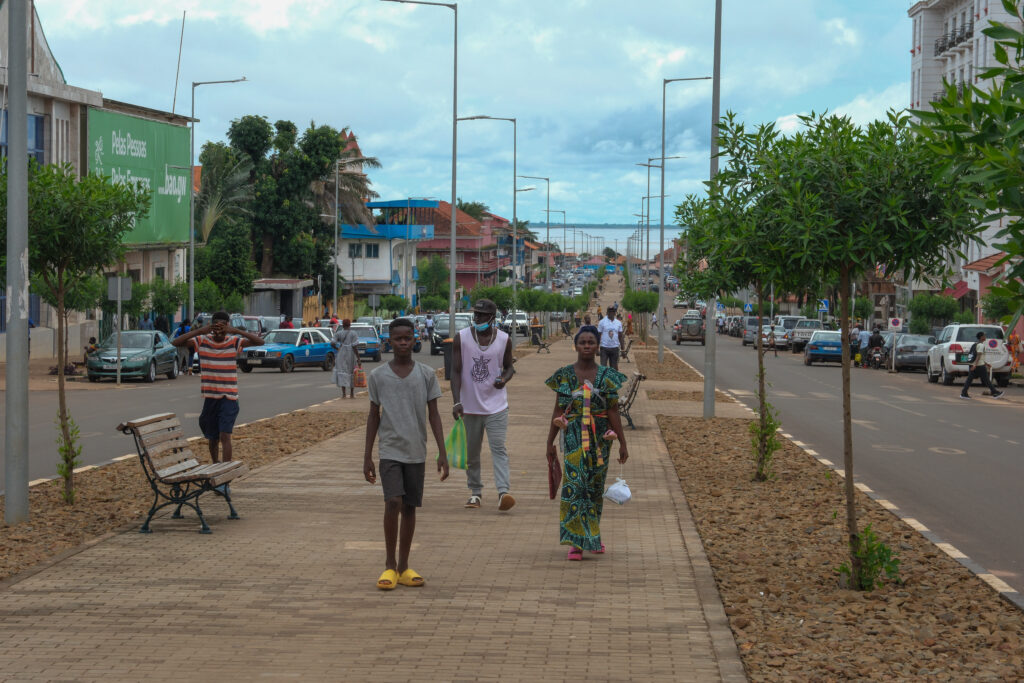Portuguese-speaking Guinea-Bissau, which heads to the polls Sunday for presidential and legislative elections, is historically one of the most unstable and coup-prone countries in the world.The poor west African nation’s chronic instability has made it vulnerable to corruption and South American drug cartels.- Coups, political instability -Located close to the tip of Africa’s western bulge, the former Portuguese colony fought an 11-year armed struggle for independence that ended in 1974.The effort was led by the African Party for the Independence of Guinea-Bissau and Cape Verde (PAIGC), the country’s longtime ruling party which is presently out of power and barred from the upcoming election.Guinea-Bissau has been through four successful coups since independence, the last being in 2012 as well as more than a dozen attempted, plotted or alleged coups.The constant instability and conflict have hobbled its development.Guinea-Bissau’s last presidential election in November 2019 was followed by a political crisis, with two rivals claiming to be head of state. That only ended in April 2020 when the west African regional bloc, ECOWAS, recognised Umaro Sissoco Embalo as the winner. Embalo, a reserve brigadier general, previously served as prime minister under his predecessor Jose Mario Vaz, the first head of state since multiparty elections in 1994 not to have been killed or overthrown. – Crushing poverty – Sandwiched between Senegal and Guinea, tropical Guinea-Bissau is slightly larger than Belgium and includes the Bijagos archipelago of some 88 islands scattered along its Atlantic coast.Its population of around 2.2 million in 2025, according to World Bank figures, includes a large range of ethnic groups, languages and religions.Guinea-Bissau is ranked 174th out of 193 on the UN’s Human Development Index. Although extreme poverty is expected to fall in 2025, the rate is still predicted to be a staggering 41 percent.Average life expectancy is 64 years, according to 2023 World Bank data, largely as a result of poor healthcare services.- Cocaine, corruption -Poverty and chaotic administration have made the country a fertile ground for Latin American drug lords smuggling cocaine to Europe.Malam Bacai Sanha Jr, the son of a former Bissau-Guinean president, last year was sentenced to jail in the United States for involvement in a transnational heroin trafficking conspiracy.Sanha hoped the trafficking proceeds would enable him to finance a coup aimed at installing him as president, according to US authorities. Five Latin Americans were arrested in the capital Bissau in September 2024 with 2.6 tonnes of cocaine on an aircraft coming from Venezuela. Four were subsequently handed over to the United States, with one dying in custody.Guinea-Bissau is also among several west African nations grappling with the spread of kush, a cheap and highly addictive drug which has ravaged the region’s disaffected youth. The country was ranked 158th out of 180 countries by Transparency International in 2024 for perceived levels of corruption.- Cash for cashews -Agriculture is the main economic driver of Guinea-Bissau, one of the biggest cashew nut producers in the world.The crop dominates the country’s economy, with cashews accounting for more than 80 percent of its exports, according to the World Bank.The economy has expanded robustly in recent years, with growth projected at 5.1 percent in 2025, up from 4.8 percent in 2024, according to the lender.
